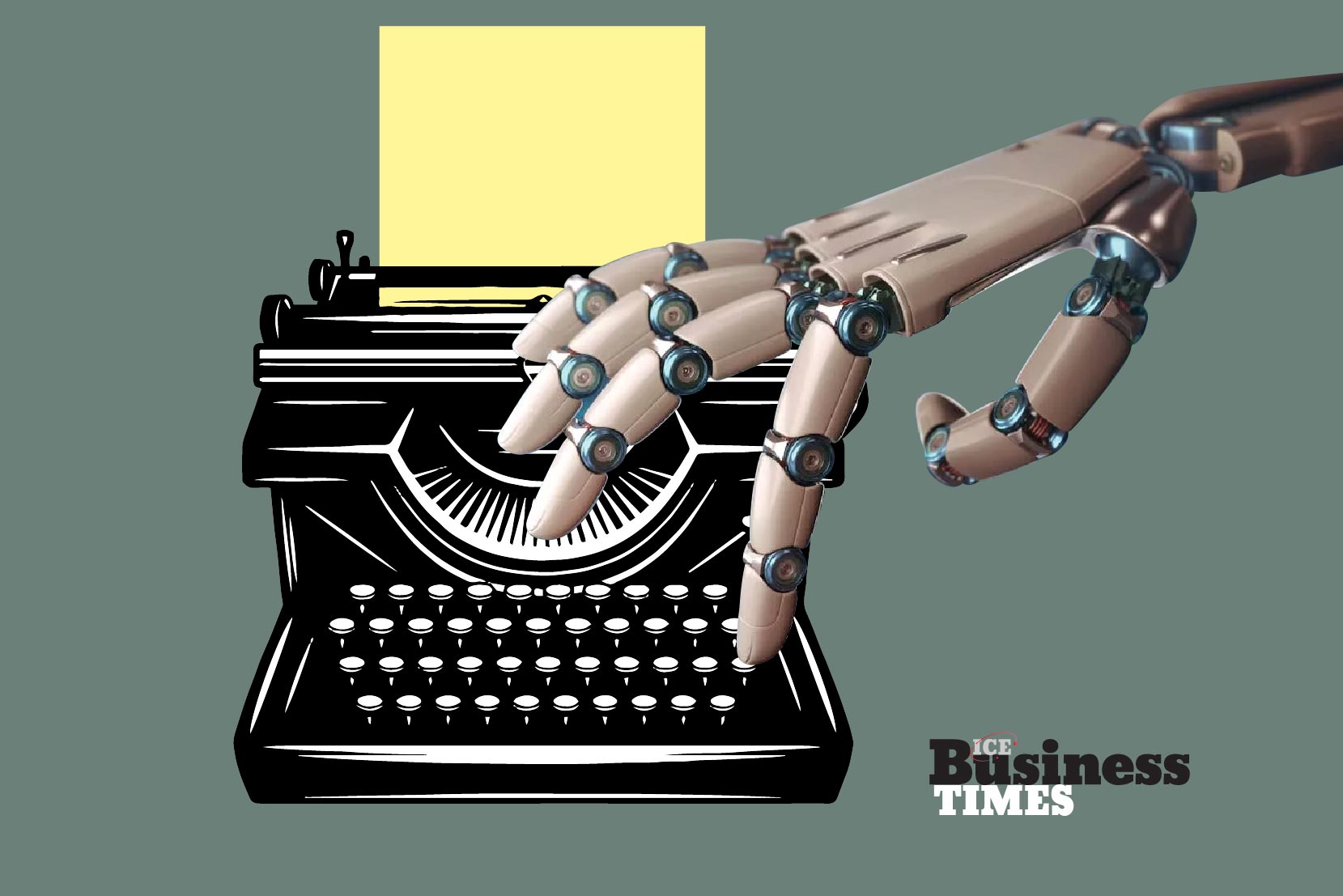Ways to utilise generative AI for better writing outcomes.
When ChatGPT first came into the frame, writers were concerned that they’d be out of jobs. Soon, however, they overwhelmingly realised that while the tool was a most valuable assistant, it was not yet sentient enough to dethrone them completely.
Shortcomings of Generative AI
The effectiveness of generative bots such as ChatGPT hinges on how it’s used. Of course, it is possible to have the tool generate content on your behalf but that is not without its drawbacks. For instance, while ChatGPT can produce coherent text, it often lacks the nuance and creativity that come from human writers. The generated content might be adequate but rarely excels in terms of originality or depth.
Using AI-generated content without proper attribution can also pose significant plagiarism risks. Even though these tools roll out text based on a mixture of learned patterns, there is a risk of content closely resembling existing works. This can lead to ethical and legal issues, particularly in academic or professional settings. A bigger shortcoming in the resource is that it has often been known to produce content with factual inaccuracies or outdated information. The inaccuracy of generated content can compromise the credibility of your work. Finally, writing is a craft that benefits from regular exercise and personal effort. If you let an AI do the heavy lifting, your ability to develop and express ideas may diminish over time.
AI as a Writer’s Aid
Well then, if there are so many demerits to using text-generative AI, how can it possibly be an aid to writers? Truth is, it can be, because whatever first draft you churn out on your own, AI can help improve it. Keep in mind, however, that simply getting the app to polish up your work will not do you any favours. You must take ideas and then rewrite or restructure them to suit your original voice. This way, you can ensure that the final product remains true to your original intent. When using AI to improve your draft, carefully review its suggestions for factual accuracy and alignment with your message. This helps avoid the dissemination of incorrect or misleading information and ensures the credibility of your work.
When using AI to improve your draft, carefully review its suggestions for factual accuracy and alignment with your message. This helps avoid the dissemination of incorrect or misleading information and ensures the credibility of your work.
AI as a Learning Resource
Bots such as ChatGPT can also be used as a learning resource. This approach fosters growth and skill development. How? When ChatGPT suggests changes, the writer has a chance to analyse each modification. For example, if it corrects a grammatical error, they can understand the nature of the mistake. If it rephrases a sentence for clarity, they can consider how the revision improves readability. Recognising these improvements can help them apply similar techniques in their own writing. One can also use ChatGPT to explore different styles and approaches. By observing how it handles various writing elements, a writer is able to refine their personal voice and style. Besides, there are a number of other ways in which a writer can leverage the use of text-generative AI for their own advantage. Shep Hyken’s Forbes article lists a few effective ways to use ChatGPT for writing – idea generation, research assistance, draft creation, overcoming writer’s block, and testing.
AI for Idea Generation
ChatGPT can help brainstorm topics and generate creative ideas for writing. If you’re stuck in a creative rut, using AI to spark new concepts or angles can be incredibly valuable.
AI as a Research Assistant
Another way to use AI to your advantage when writing is for assistance in research. ChatGPT can summarise research findings or provide overviews of complex topics. This can help streamline research processes and provide a foundation for deeper exploration.
AI for Creating Drafts
Writers can use the AI writing tool to create drafts too. Rather than asking ChatGPT to write complete pieces, you can use it to draft sections of your work. This can serve as a starting point, which you can then expand and refine. Similarly, you can use AI to enhance creativity by using it to generate unique phrases, metaphors, or narrative structures that can then be incorporated into writing. You can even feed your finished article into ChatGPT and ask it to find relevant quotes on the subject. You can be sure that the benevolent bot will get the job done.
AI for Overcoming Writer’s Block
Just like other creative professionals, writers sometimes face a mental block where their minds are left blank. During such a time, ChatGPT can offer prompts or suggestions to help get their creative juices flowing again. If one is learning to write in a different style or technique, the tool can be used to demonstrate writing in this new genre or tone.
Rather than asking ChatGPT to write complete pieces, you can use it to draft sections of your work. This can serve as a starting point, which you can then expand and refine.
AI for Testing
ChatGPT can be used as a sounding board to test different ideas or approaches. It can provide feedback on how well your ideas are conveyed or suggest alternative ways to present them. In fact, if you paste your article into ChatGPT and specify who your target audience is, the bot can change your content to suit your audience! It can also serve as a good keyword generator. While you may have to take help from other sites to really understand how SEO-friendly the content is, AI gives you a definite head start in the subject. ChatGPT can also serve as a great tool for journalists who write interviews, by offering them creative questions to ask. What’s more, these tools are even able to anticipate answers to these questions so that further probes can be planned.
None of these advantages of AI will produce a full-fledged article for you as AI writing assistants are not an alternative to human creativity or expertise. As mentioned above, even if AI can, it shouldn’t be written for you, at least yet. However, the tools have proven to become invaluable resources aiding writers to roll out creative content more effectively than before. Exploiting the many merits of AI can allow writers to save time, lend them creativity and also teach them a thing or two in the process.
















